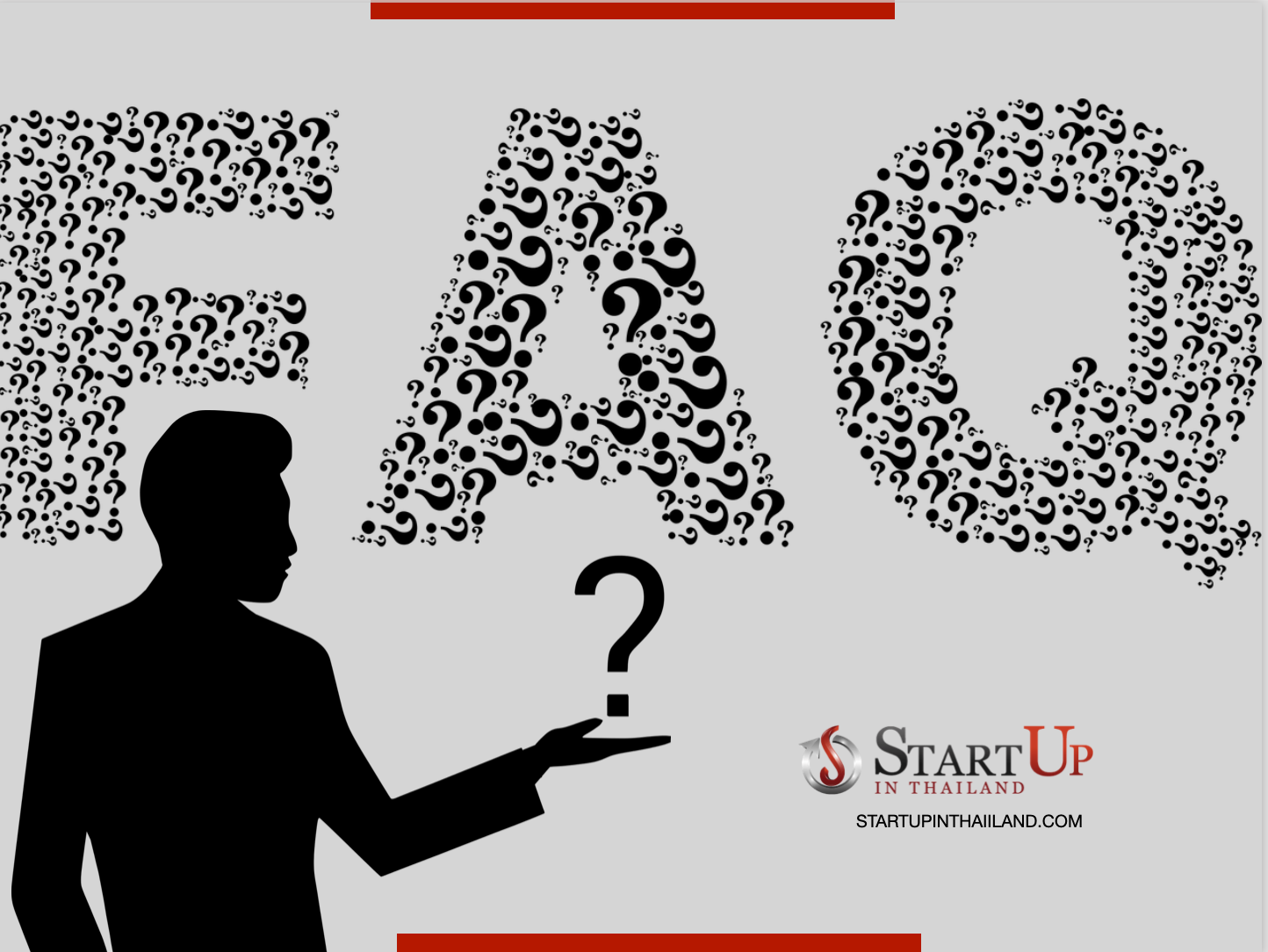In Thailand, there are several types of taxes imposed on individuals and businesses. Here are the main taxes in Thailand:
- Corporate Income Tax (CIT): Corporate entities are subject to Corporate Income Tax on their net profits. The current standard CIT rate is 20%. However, small and medium-sized enterprises (SMEs) with paid-up capital not exceeding 5 million baht may be eligible for reduced tax rates.
- Personal Income Tax (PIT): Individuals who earn income in Thailand, including employees, self-employed individuals, and freelancers, are subject to Personal Income Tax. The tax rates are progressive, ranging from 5% to 35%, depending on the income level.
- Value-Added Tax (VAT): VAT is levied on the sale of goods and services in Thailand. The standard VAT rate is 7%. Certain goods and services may be exempt from VAT or subject to a reduced rate of 0% or 3%.
- Specific Business Tax (SBT): Certain businesses, such as financial institutions, securities companies, and insurance companies, are subject to Specific Business Tax. The rates vary based on the type of business activity.
- Withholding Tax: Withholding Tax is applicable when payments are made to certain individuals or entities. It is deducted at the source by the payer and remitted to the Revenue Department. Withholding Tax rates vary depending on the type of payment, such as interest, dividends, royalties, or services.
- Property Tax: Property Tax is levied on the ownership of land and buildings. The rates vary depending on the type of property and its use. Residential properties used as a primary residence may be exempt or subject to a reduced rate.
- Stamp Duty: Stamp Duty is imposed on specific legal documents, such as contracts, agreements, leases, and certain financial transactions. The rates vary based on the type of document.
- Excise Tax: Excise Tax is imposed on specific goods produced in or imported into Thailand, including alcohol, tobacco, petroleum products, automobiles, and certain luxury items. The rates vary depending on the type of goods.
- Local Development Tax: Local Development Tax is imposed by local administrative organizations on property ownership, transfer, or usage. The rates may vary depending on the location and type of property.
It’s important to note that tax regulations and rates are subject to change, and there may be specific rules and exemptions based on the nature of the business and other factors. It is advisable to consult with tax professionals or seek guidance from the Revenue Department of Thailand to ensure accurate compliance with tax obligations.

